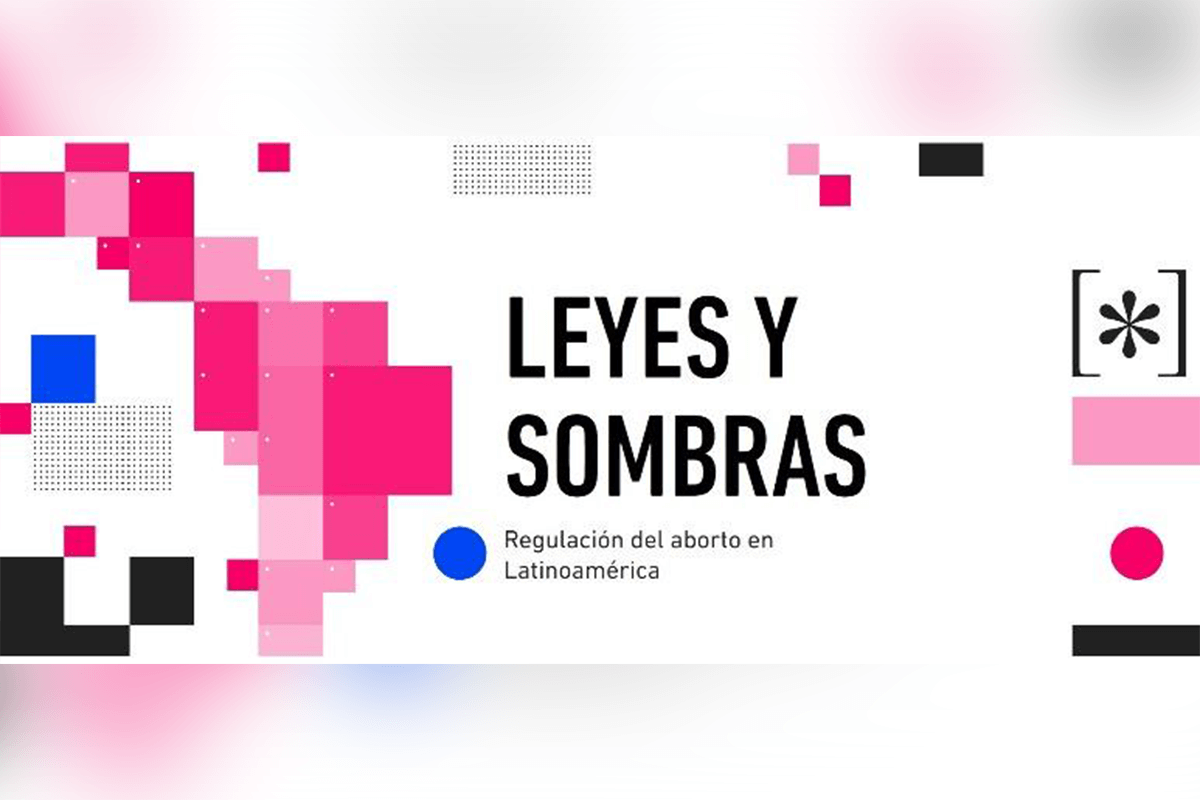
This report was prepared by the Initiative “La Salud Reproductiva es Vital” (Reproductive Health is Vital) and CLACAI’s Legal Network. In it, you will find a detailed analysis of abortion legislation in 16 Latin American & Caribbean countries. The study shows the diversity of regulatory systems, but it focuses on the “small print”, which allows us to see the normative conditions for access in relationship to WHO recommendations and those of other human rights bodies.
Access to abortion in Latin America is unequal, very unequal. Partly because of the positions and social condemnations that exist around abortion, but also because of how it is approached from the regulations of each country. There are countries in which this practice is completely prohibited, countries in which abortion is legalized only for certain specific reasons, and countries in which voluntary abortion is accepted with a time limit. However, in no country in the region is access to voluntary abortion completely free on demand or completely exempt from penalties, although much progress has been made in recent years along this path. In any case, all these legal environments are somewhat similar.
In the last 20 years, many Latin American countries have changed their regulations regarding abortion, mainly expanding rights, but also restricting them. Some uphold regulations from the last century or even the previous one. And although the law is not enough, the truth is that it makes a difference. Thus, Uruguay was a pioneer in the region (along with Mexico City) in legalizing access to voluntary abortion in the first weeks of pregnancy. However, Uruguay is also a paradigmatic case of how the requirements and details of the regulation can hinder access to practice.
This study analyzes in detail the regulation of abortion in 16 countries of Latin America and the Caribbean with the purpose of providing information and identification of what has been achieved and of everything that is still legally lacking, considering the best standards, good practices and recommendations in the matter. Although they share some patterns, the situation of each country is unique, and for this reason an informed conversation is necessary to find and take advantage of the spaces provided by the legal environment of each country to advance in better access to quality abortion. Having a regional panorama allows us to observe similarities and differences, and thus adapt strategies and find regional examples of good regulatory practices that inspire. Because scientific and technological advances and human rights standards are abundant.
Methodology
This report is based on a documentary investigation of constitutions, laws, administrative and health regulations, as well as court decisions relevant to the definition of the regulatory model or the accessibility of abortion in each of the countries examined. The countries that are part of this report are Argentina, Bolivia, Brazil, Chile, Colombia, Costa Rica, Ecuador, El Salvador, Guatemala, Honduras, Mexico, Panama, Paraguay, Peru, the Dominican Republic and Uruguay. In addition, due to the federal nature of Mexico, where the states present different regulations, the situation of Mexico City, Coahuila, Colima and Querétaro was also studied. The selection responded to reasons of feasibility in accessing the necessary documents and having an organization responsible for the survey.
The analysis was carried out on the official texts of the legal norms, categorizing them into 10 dimensions associated with safe abortion care in the health system, self-management and the accompaniment of civil society. For the construction of the dimensions, the WHO Global Abortion Policies Database was taken into account, a previous CLACAI study on Latin American regulations, the WHO Abortion Guidelines, and the evidence and experiences gathered throughout these years by organizations that work for safe abortion in Latin America on legal aspects that generate serious obstacles or are facilitators for access to abortion, and finally those dimensions that are considered archetypal to evaluate the rights approach of a piece of legislation and the legal framework in general.
The research that resulted in this report was carried out by 18 civil society organizations and research centres that are part of CLACAI and that each surveyed the situation in their country according to the framework and dimensions proposed by the CLACAI team. The data collection was carried out between June and December 2022, except for two countries that completed the upload in February 2023, given the regulatory change that arose in those months: Colombia, which issued the administrative regulation on abortion, and Brazil, which eliminated restrictions imposed to access it.
FULL REPORT: Laws and Shadows



